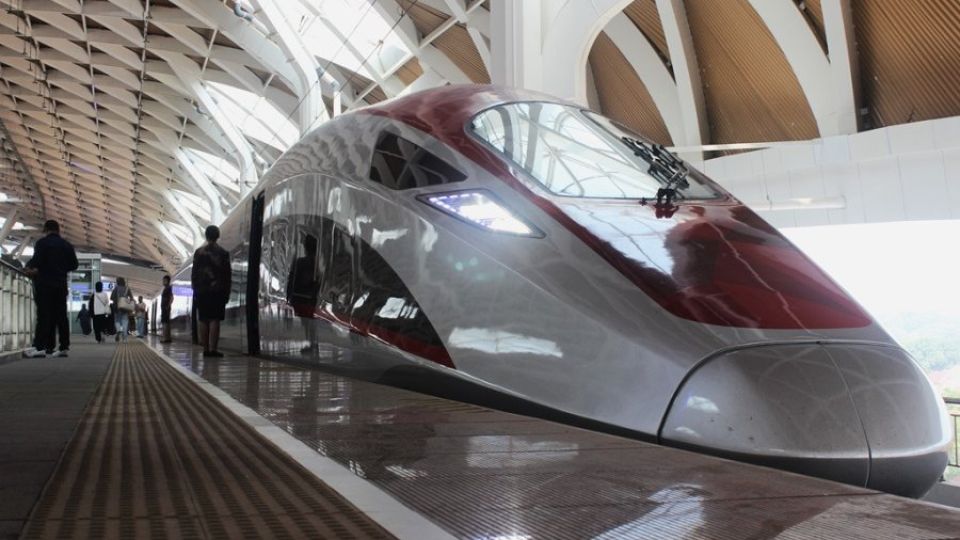January 30, 2024
JAKARTA – PT Kereta Cepat Indonesia China (KCIC), the operator of Whoosh, the Jakarta-Bandung high speed rail (HSR) service, has announced plans to adapt its fares depending on supply and demand.
The dynamic pricing model is due to start on Feb. 3.
Rather than charging a fixed price for all tickets, the firm will set higher prices for peak hours, weekends and holiday seasons.
“Under the new scheme, there is a possibility for different fares on the same day. The pricing model will be monitored and evaluated [regularly] to ensure it matches customer needs and the operational [requirements] of Whoosh,” KCIC spokeswoman Eva Chairunisa said in a statement on Monday, as reported by Antara.
Since December, 2023 KCIC has charged Rp 200,000 for all Premium Economy class trips from Monday to Thursday and Rp 250,000 on Friday and the weekend. Beginning on Feb. 3, customers could be offered tickets for the same class at prices ranging between Rp 150,000 and Rp 250,000.
There is no plan to change the fares for Business Class or First Class, which will remain at Rp 450,000 and Rp 600,000, respectively, for any trip.
“We want to give customers alternative options so that they can buy tickets according to their needs, wishes and purchasing power,” Eva stated.
She added that as of Jan. 27, Whoosh had served more than 1.4 million passengers, with an average passenger load factor between 60 and 80 percent.
Dropping occupancy
KCIC president director Dwiyana Slamet Riyadi explained that the service currently operated with an average 14,000 to 16,000 passengers per day. That is down significantly from the Christmas and New Year peak season at the end of last year, when Whoosh carried an average of around 21,000 passengers a day, similar to what it had been in November.
However, he added that a drop after holiday seasons was normal.
One way to prevent further dips, the company believes, is to implement dynamic pricing to determine the fare based on demand. Dwiyana noted that this would be similar to schemes implemented in the airline industry and for regular railway services, as well as for hotels.
Based on financial projections seen by The Jakarta Post, KCIC has a farebox income target of Rp 1.9 trillion for this year. Meanwhile, other revenue sources, such as naming rights, advertising, retail and parking, are only forecast to generate Rp 90.7 billion over the same period.
The government has begun work on a feasibility study for an extension of Whoosh to Surabaya in East Java. Several analysts have opined that a longer route would improve the project’s financials.
KCIC’s Dwiyana said the extension project may be more feasible if it was implemented in two phases, with the first one connecting Bandung with the tourism and education city of Yogyakarta.
He declined to divulge details on the possible route to Surabaya, suggesting that speculators may otherwise ramp up land prices.
“It is possible to build the track to Yogyakarta first. If you are going straight to Surabaya, the problem lies with the time and cost,” Dwiyana was quoted as saying by Bisnis on Thursday.
Nevertheless, some analysts have expressed concern that the extension would need a huge amount of funding, on top of Whoosh’s existing debt to cover its construction and operational expenses.
They also pointed out that none of the three presidential candidates had paid much attention to extending the HSR in their campaign plans, which raises questions about the megaproject.


